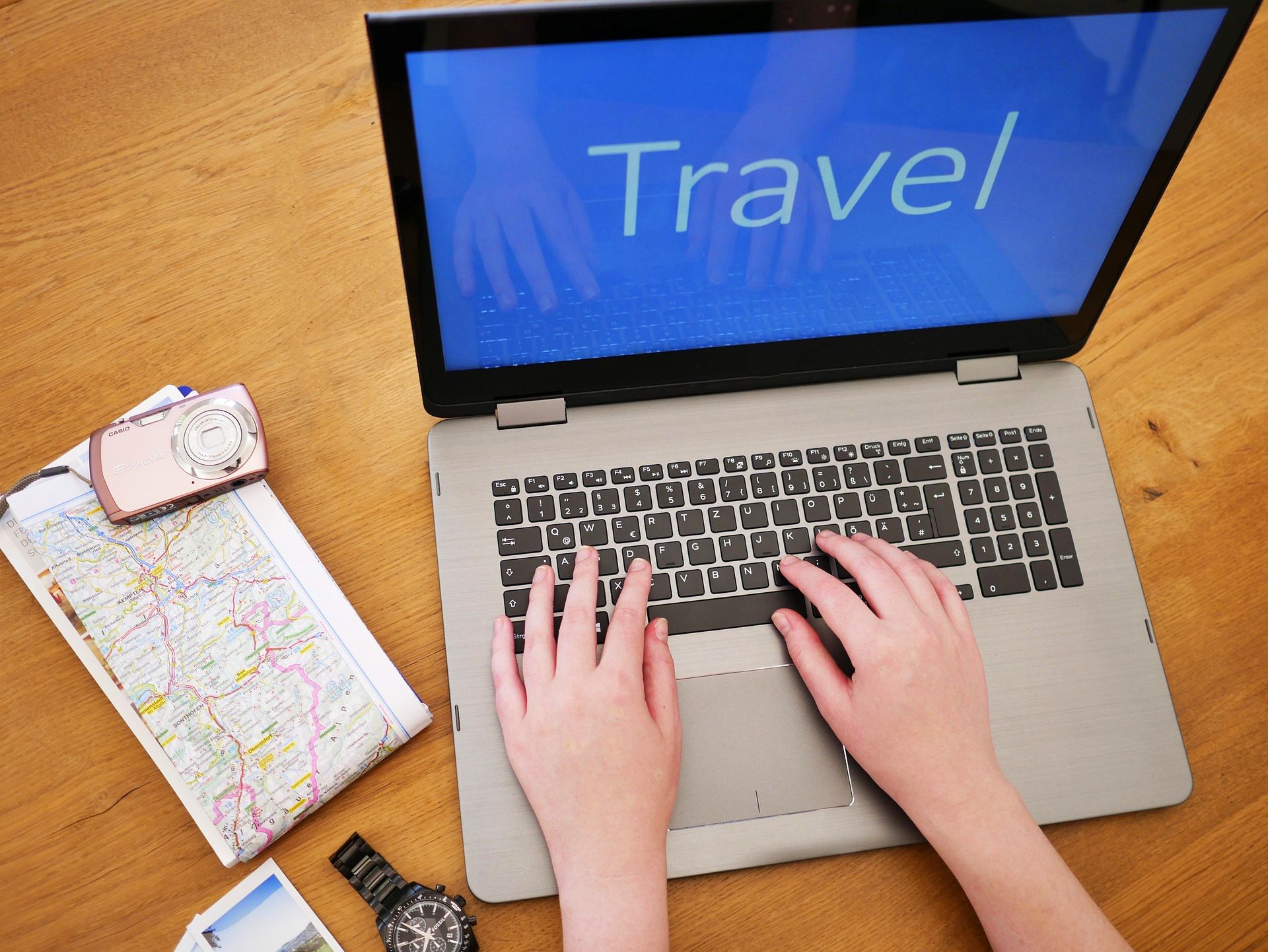
Make sure to avoid these travel scams
Speaking with the BBC, a Booking.com executive explained that their website has experienced between a 500 and 900 percent rise in travel-related scams over the last 18 months, mainly due to the proliferation of AI.
Marnie Wilking, the travel booking platform’s Internet safety boss, told the BBC that since generative AI tools like ChatGPT came on the scene, there has been an increase in particularly “phishing” scams, where consumers are tricked into giving their private financial details. However, this is not the only AI-related scam doing the rounds on travel platforms.
More AI scams expected

Scammers are leveraging advanced AI technology to exploit the growing reliance on online platforms for travel planning and booking.
Moreover, scammers are making their fraudulent schemes more complex and harder to detect.
Using AI tools, scammers are creating anything from fake websites to even customer service interactions that mimic real travel companies.
According to Clay, with online travel reservations, AI is used to “clone or impersonate official websites.” While they use AI-generated content, including reviews, images and calendars, the website might seem completely legitimate. Clay added:
Scammers [also] employ AI-generated domain names that look nearly identical to legitimate ones, tricking users into entering their details on fraudulent platforms. Once victims input sensitive information, scammers can misuse it for identity theft or unauthorized transactions.
Moreover, once the consumer completes the transaction, they find out that the tickets, or accommodation bookings, never existed. Meanwhile, AI can also be used to power phishing scams tailored to online travel booking, which is a risk for consumers who spend a lot of time on social media or online. Clay added:
Using machine learning, scammers analyze vast amounts of data from social media and online behavior to craft personalized messages. Scammers could send an email claiming to offer discounts on specific destinations the victim recently researched. These messages often include links to counterfeit booking platforms designed to steal payment information.
How to avoid travel-related scams
Always be skeptical of “too good to be true” deals, because if it does seem too good, chances are it probably is. Always be on the alert for fake ticketing and cloned travel booking sites with extreme discounts.
Since the emergence of AI on the Internet, AI chatbots are the order of the day. However, they are being used to simulate live customer support interactions. According to Clay:
These chatbots can convincingly answer questions about fake travel deals, accommodations or bookings, giving travelers the impression they are interacting with a legitimate representative. This sense of authenticity lowers the victim’s guard, increasing the likelihood of them providing personal or financial information.
Verify travel websites

To do so, look closely at the domain name to ensure it is the correct URL for the airline or major travel provider. Check for misspellings and also ensure the URL has a padlock symbol associated with the website and that the URL starts with “https://.”
While making a booking, avoid off-platform transactions, including redirects to money wires or bank transfers to steal information and bypass secure payment methods. Moreover, avoid clicking on links in unsolicited (spam) emails which are a popular way to steal private information.





Leave a reply